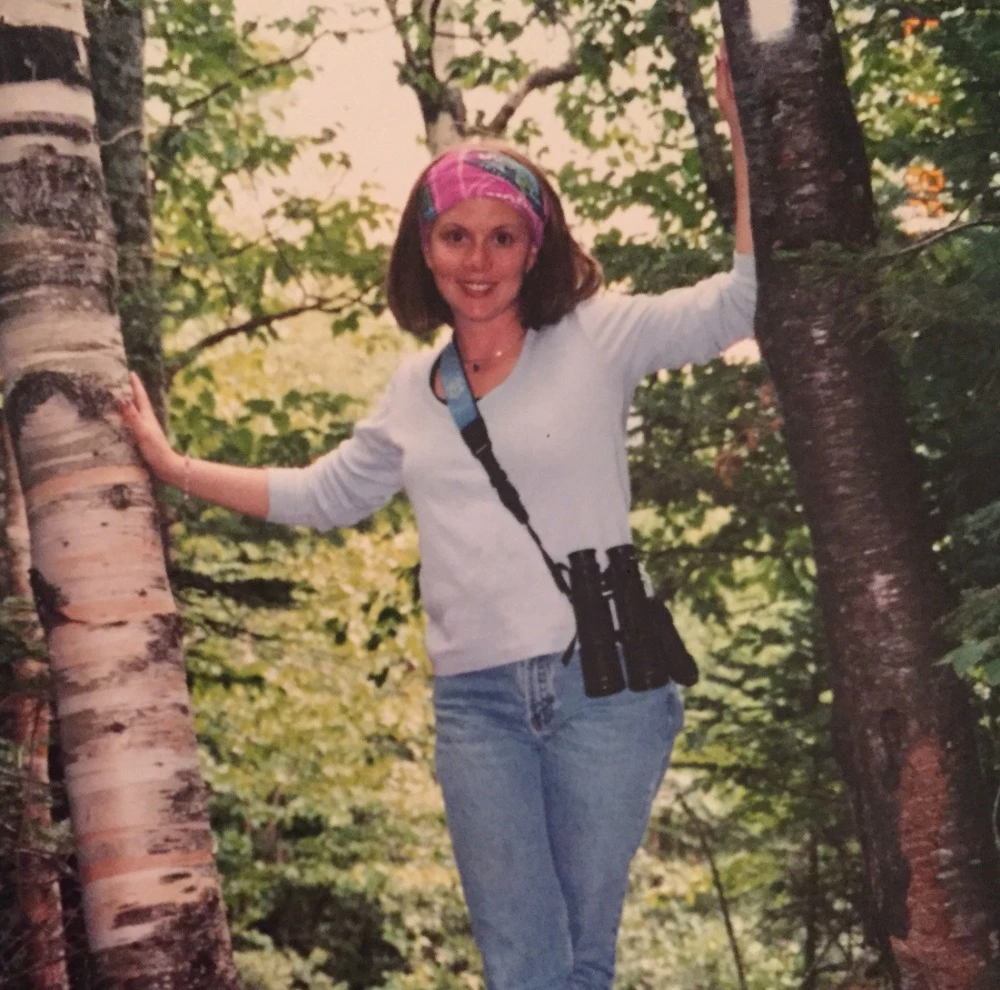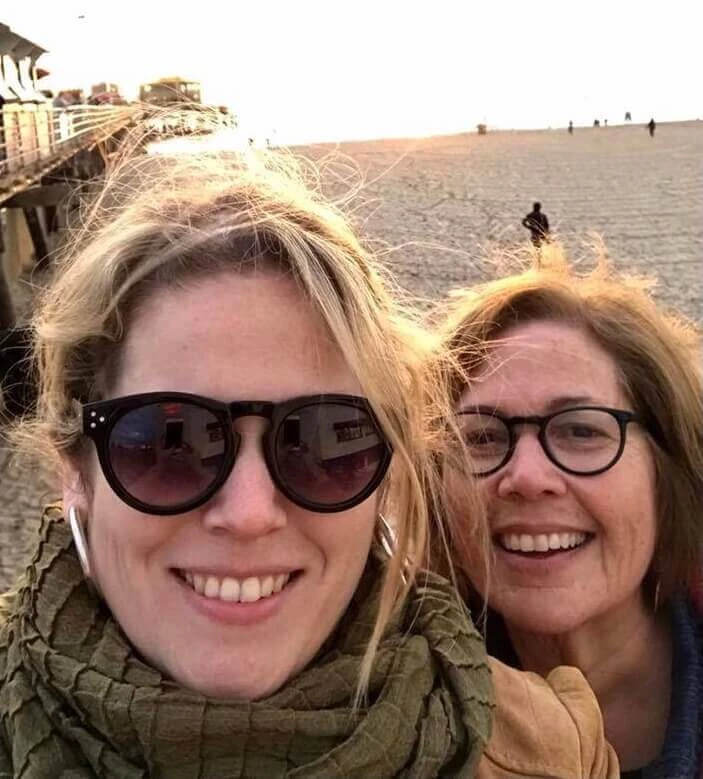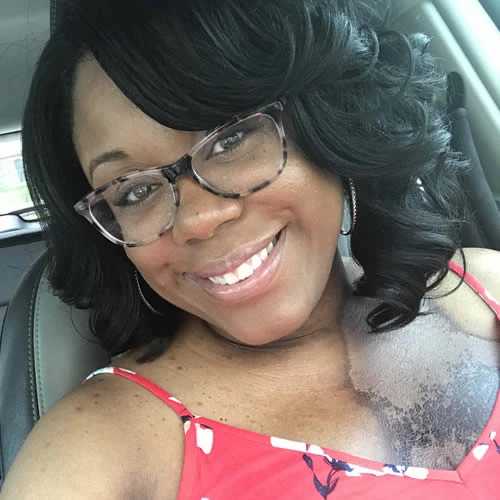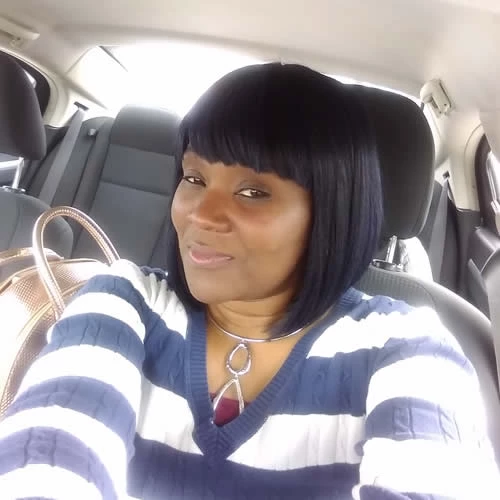Holly M Diagnosed at age 32
"I opted for the double mastectomy, eight rounds of chemo, and held my breath...Today, I'm 20 years out from my diagnosis, grateful and thriving. While my friends and family offered support and love, I had some unlikely companions along this journey: birds and nature."
A diagnosis of stage II TNBC at age 32 was unexpected for reasons most of you can relate to. At the time of my diagnosis, I was in a brace from the neck down from spinal fractures I'd recently suffered while sledding with my kids, ages 5 and 7. To complicate things further, my husband was deployed to the Middle East as a US Navy Reservist in response to September 11, 2001 (thankfully, he was sent home upon my diagnosis). A hard year just got even tougher for our family.
I opted for the double mastectomy, eight rounds of chemo, and held my breath...Today, I'm 20 years out from my diagnosis, grateful and thriving. While my friends and family offered support and love, I had some unlikely companions along this journey: birds and nature. Birds in my yard and neighborhood became an integral part of my self-care during and after treatment, offered hope and respite from my anxiety and fear. While I was already a birder, I shortly realized just how important this hobby of mine would be in my path towards wellness.
Here is photo of me birding in the White Mountains of New Hampshire, halfway
through a six-month rigorous course of chemotherapy.
Baldness hidden by a wig, I’m wearing a beaming smile, because being in nature
and watching birds was what nourished my spirit and gave me strength and
courage to summit a different kind of mountain.
Connecting to birds and nature was a front-line weapon in my battle. And,
for me it was as powerful as the conventional treatments enlisted to restore
my health. Birding brought me peace, mental recharging, and restoration of
energy in ways I cannot describe.
As all-consuming a cancer diagnosis can be, I didn’t allow this game changer to
steal me from my love of birds and birding. Birding while undergoing treatment
set me on a path towards healing and recovery, and into a metamorphosis of
my “new normal.”
The respite "Ornitherapy" provides from the chronic grip of crisis can be likened
to opening a door into a temporary world of peace. My focus while birding
shifted from my own survival to the survival of birds and the pressures they
face.
I lost my hair from chemo on Mother’s Day eve. The next morning, I went
out to search for birds and process this loss. I remember being completely in
the moment of observation when I serendipitously found the nest of Cerulean
Warblers - a species rare in my area. The experience of watching another young
family in survival mode, put a lot into perspective for me as I worked through
my own will to live.
To bring the birds closer at a time when I couldn’t easily move around, I saved all the hair I lost from the effects of chemo and placed it in a suet cage to offer as nesting material for the birds to gather that spring.
The satisfaction of watching a Tufted Titmouse pull strands of my wasted hair, and carry it away, made the personal loss purposeful. And emphasized that simple things can be so powerful. We all need to find what fills us up and helps us recharge. We can then find fortitude and peace amidst the storms. Birds and nature are my go-to therapy and medicine. I hope you will find yours, too.
Are you a survivor, spouse, friend, or caretaker with a story to tell? We'd love to hear from you.





